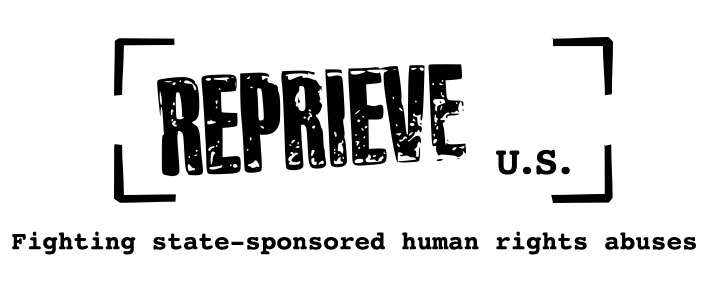
verb (used with object), re·prieved, re·priev·ing.
- to delay the impending punishment or sentence of (a condemned person).
- to relieve temporarily from any evil.
noun
- a respite from impending punishment, as from execution of a sentence of death.
- a warrant authorizing this.
- any respite or temporary relief.
verb (tr)
- to postpone or remit the punishment of (a person, esp one condemned to death)
- to give temporary relief to (a person or thing), esp from otherwise irrevocable harmthe government has reprieved the company with a huge loan
noun
- a postponement or remission of punishment, esp of a person condemned to death
- a warrant granting a postponement
- a temporary relief from pain or harm; respite
- the act of reprieving or the state of being reprieved
1570s, reprive, “take back to prison,” alteration (perhaps by influence of reprove) of Middle English repryen “to remand, detain” (late 15c.), probably from Middle French repris, past participle of reprendre “take back” (see reprise). Meaning “to suspend an impending execution” is recorded from 1590s; this sense evolved because being sent back to prison was the alternative to being executed. Spelling with -ie- is from 1640s, perhaps by analogy of achieve, etc. Related: Reprieved; reprieving.
1590s, from reprieve (v.).
 Liberal Dictionary English Dictionary
Liberal Dictionary English Dictionary